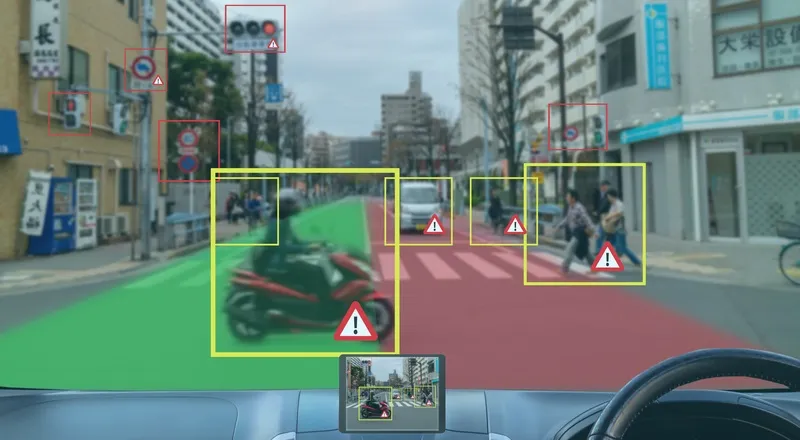A new research report produced by the GSMA, Building Digital Societies in Asia: Making Transportation Smarter, indicates that the successful implementation of intelligent transport systems (ITS) in Thailand’s capital could reduce travel times, carbon dioxide (CO2) emissions and road accidents, driving social and economic benefits of up to US$1 billion per year. In addition, the case study on Bangkok’s transportation indicated that ITS can also potentially result in long-term positive changes in commuter hab
August 24, 2015
Read time: 2 mins
A new research report produced by the 2246 GSMA, Building Digital Societies in Asia: Making Transportation Smarter, indicates that the successful implementation of intelligent transport systems (ITS) in Thailand’s capital could reduce travel times, carbon dioxide (CO2) emissions and road accidents, driving social and economic benefits of up to US$1 billion per year. In addition, the case study on Bangkok’s transportation indicated that ITS can also potentially result in long-term positive changes in commuter habits and encourage citizens to use safe and environmentally friendly ways of commuting.
“There is a growing recognition of the significant benefits ITS can have on the environment, in improving productivity, safety and overall quality of life,” said Chris Zull, the GSMA’s spectrum director for Asia. “ITS solutions have been successfully implemented around the world, particularly in developed countries, to address major transportation challenges. As mobile connectivity rates in Asia rise exponentially, dense metropolitan centres like Bangkok have a real opportunity to dramatically improve traffic flow, increase productivity, reduce vehicular pollution and even save lives.”
ITS solutions integrate communication and information technology applications into the management and operation of transportation systems across all modes of transport. ITS applications range from traveller information and traffic management solutions to transport pricing and payment systems, as well as pedestrian and vehicle safety applications. In a typical ITS solution, data collected from vehicles, infrastructure or users is aggregated, analysed and then delivered back to them, allowing for better informed and more timely commute decisions.
Increasing urbanisation around the world is putting more stress on city planners to make transportation infrastructure more efficient and safer. As the world becomes increasingly connected, advanced applications such as ITS provide innovative solutions to better manage traffic and enable users to be better informed and make safer, more coordinated, and ‘smarter’ use of transport networks.
“There is a growing recognition of the significant benefits ITS can have on the environment, in improving productivity, safety and overall quality of life,” said Chris Zull, the GSMA’s spectrum director for Asia. “ITS solutions have been successfully implemented around the world, particularly in developed countries, to address major transportation challenges. As mobile connectivity rates in Asia rise exponentially, dense metropolitan centres like Bangkok have a real opportunity to dramatically improve traffic flow, increase productivity, reduce vehicular pollution and even save lives.”
ITS solutions integrate communication and information technology applications into the management and operation of transportation systems across all modes of transport. ITS applications range from traveller information and traffic management solutions to transport pricing and payment systems, as well as pedestrian and vehicle safety applications. In a typical ITS solution, data collected from vehicles, infrastructure or users is aggregated, analysed and then delivered back to them, allowing for better informed and more timely commute decisions.
Increasing urbanisation around the world is putting more stress on city planners to make transportation infrastructure more efficient and safer. As the world becomes increasingly connected, advanced applications such as ITS provide innovative solutions to better manage traffic and enable users to be better informed and make safer, more coordinated, and ‘smarter’ use of transport networks.








